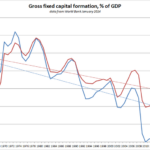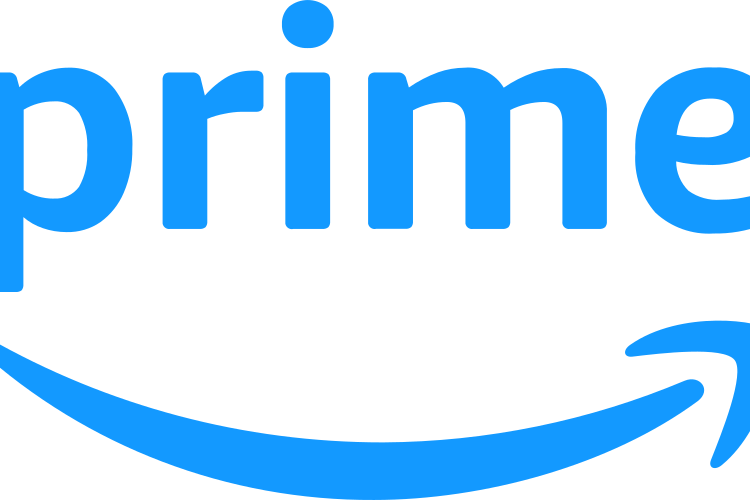Weaker spending by less wealthy consumers impacts sales growth
- Luxury brands are facing a challenge as ordinary rich people are pulling back on spending
- Weaker spending by less wealthy people, particularly in the U.S., is impacting sales growth
- Luxury companies need the aspirational consumer to come back for meaningful sales and earnings growth
- The aspirational consumer is defined as someone who buys at least one luxury item a year and spends between €3,000 to €10,000 on fashion annually
- Consumers are currently spending more on services than on goods
- Investors may want to focus on companies that rely less on the aspirational consumer
- Companies like Prada, Brunello Cucinelli, and Hermès International have reported increases in revenue despite the tougher environment for luxury
- LVMH remains a solid bet with solid underlying fundamentals and consistent revenue growth
- Coach’s parent company Tapestry had a strong holiday quarter and raised its earnings outlook
- High-end brands like Burberry, Salvatore Ferragamo, and Kering are struggling with multiyear turnaround plans
Luxury brands are experiencing a new challenge as ordinary rich people are pulling back on their spending. This trend has been observed particularly in the United States, where weaker spending by less wealthy consumers is weighing on sales growth. Luxury companies, which have traditionally catered to the top 1%, now need the aspirational consumer to come back in order to see meaningful sales and earnings growth. The aspirational consumer is defined as someone who buys at least one luxury item a year and spends between €3,000 to €10,000 on fashion annually. However, these consumers are more exposed to macroeconomic strains and are being more cautious with their spending due to high inflation. Brands that do not offer a compelling value proposition are struggling to attract these consumers. Additionally, the shift in consumer spending from goods to services is impacting the luxury market. In the long run, wealthy shoppers are expected to return to stores, but in the meantime, investors may want to focus on companies that rely less on the aspirational consumer. Companies like Prada, Brunello Cucinelli, and Hermès International have reported increases in revenue despite the challenging environment for luxury. LVMH remains a solid bet with strong underlying fundamentals and consistent revenue growth. Coach’s parent company Tapestry has also performed well, catering to aspirational shoppers and raising its earnings outlook. On the other hand, high-end brands like Burberry, Salvatore Ferragamo, and Kering are struggling with multiyear turnaround plans. Turnarounds are difficult even in good times, and in difficult times, they become almost impossible.
Factuality Level: 3
Factuality Justification: The article provides a mix of relevant information about the challenges faced by luxury brands due to changes in consumer spending habits, but it lacks depth and context. It includes some opinions presented as facts, such as predictions about future consumer behavior and investment recommendations. The article also contains some tangential details and repetitive information, which lowers the overall factuality level.
Noise Level: 3
Noise Justification: The article provides a detailed analysis of the challenges faced by luxury brands due to changing consumer behavior, particularly focusing on the impact of aspirational consumers. It includes insights from analysts, data from studies, and recommendations for investors. The information is relevant, supported by evidence, and stays on topic without diving into unrelated territories.
Financial Relevance: Yes
Financial Markets Impacted: Luxury goods companies such as LVMH, Kering, Prada, Brunello Cucinelli, Hermès International, and Tapestry
Presence Of Extreme Event: No
Nature Of Extreme Event: No
Impact Rating Of The Extreme Event: No
Rating Justification: The article discusses the impact of weaker spending by less wealthy consumers on luxury brands, particularly in the U.S. and Europe. It highlights the need for luxury companies to attract aspirational consumers in order to drive sales and earnings. The article also mentions the shift in consumer spending from goods to services and provides insights on specific luxury brands that have performed well despite the challenging environment. Overall, the article provides relevant information on the financial impact of consumer behavior on luxury companies.
Public Companies: LVMH Moët Hennessy Louis Vuitton (LVMH), Kering (Not available), Prada (Not available), Brunello Cucinelli (Not available), Hermès International (Not available), Tapestry (Not available), Capri Holdings (Not available), Burberry (Not available), Salvatore Ferragamo (Not available)
Key People: Oliver Chen (TD Cowen Analyst), Eric Clark (Portfolio Manager and Member of the Investment Committee at Accuvest Global Advisors), Javier Lastra (Portfolio Manager for the Tema Luxury ETF), Sabrina Escobar (Author)
Reported publicly:
 www.marketwatch.com
www.marketwatch.com 





